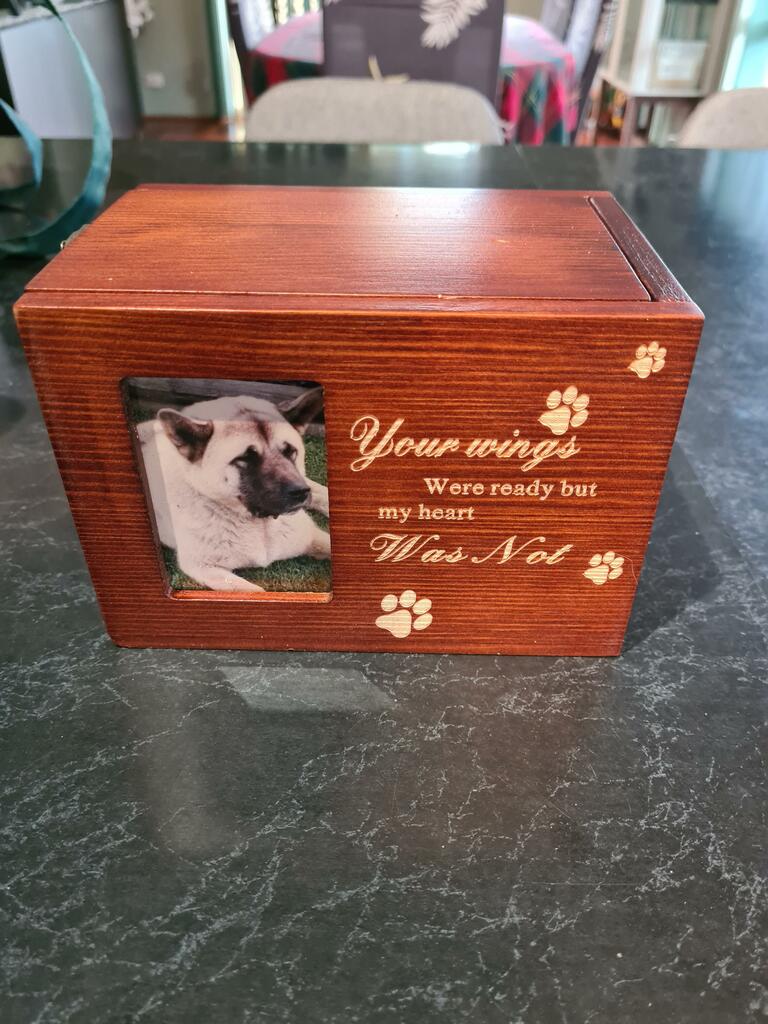Memorials for Funerals: Honoring Lives and Finding Closure
Losing a loved one is undoubtedly one of the most challenging experiences we face in life. As we navigate through the grieving process, we often find solace in commemorating their lives through memorial services and funerals. These gatherings not only provide an opportunity for friends and family to come together to mourn but also allow us to celebrate and honor the unique lives that have touched our hearts. In this article, we will explore the significance of memorials for funerals, the various forms they can take, and the healing power they hold.
The Importance of Memorials: A Sacred Space for Healing
Funerals have been a fundamental part of human culture for centuries. They provide a space for collective grieving, allowing us to acknowledge the loss and begin the healing process together. Memorials, specifically, offer a sacred space where we can pay homage to the life that was lived and find solace in shared memories.
Personally, I vividly recall attending my grandmother’s memorial service. It was held in a beautiful garden, adorned with her favorite flowers. As I listened to family and friends share stories about her life, I felt a profound sense of connection and gratitude for the time we had spent together. The memorial served as a bridge between the past and the present, reminding us all of the impact she had on our lives.
Different Forms of Memorials: Tailoring the Farewell
Memorials are incredibly versatile, allowing us to tailor the farewell to honor the individual’s life and embrace their unique personality. From traditional religious services to more contemporary celebrations, there is no one-size-fits-all approach. Some opt for intimate gatherings at home, while others choose grandiose events in dedicated venues. The options are endless, limited only by our imagination and the desires of the deceased or their loved ones.
One memorial that left a lasting impression on me was that of a close friend who was an avid music lover. His family organized a concert-style event, where musicians performed his favorite songs and guests were invited to share stories about his deep passion for music. The atmosphere was filled with joy, laughter, and tears, as we celebrated his life in a way that truly captured his essence.
Creating Lasting Memorials: Beyond the Service
Beyond the memorial service itself, there are countless ways to create lasting memorials that honor our loved ones. From planting a tree or creating a memorial garden to establishing scholarships, charitable foundations, or even dedicating a bench in their name, the possibilities are endless. These tangible symbols serve as a constant reminder of the impact they had on our lives and provide a place of solace for future generations.
One such example is a memorial park I visited during a trip to Japan. It was a serene space filled with cherry blossom trees, each representing a life lost to tragedy. People would visit the park, leaving messages of love and remembrance on small wooden plaques tied to the trees. It was a powerful testament to the enduring nature of memories and the importance of creating spaces for reflection and healing.
The Healing Power of Memorials: Finding Closure and Meaning
Memorials play a crucial role in the healing process, offering a sense of closure and perspective during times of immense grief. They provide an opportunity to reflect on the impact the deceased had on our lives, helping us find meaning in the midst of loss. By coming together as a community, we can not only support one another but also embark on a journey of healing and growth.
In summary, memorials for funerals hold great significance in our lives as they provide a sacred space for healing, celebrating, and honoring the lives of our loved ones. Whether through traditional ceremonies, personalized events, or lasting memorials, these gatherings allow us to find closure and meaning in the face of loss. By embracing the power of collective grieving and remembrance, we can navigate the journey of grief with compassion and find solace in the memories that endure.













